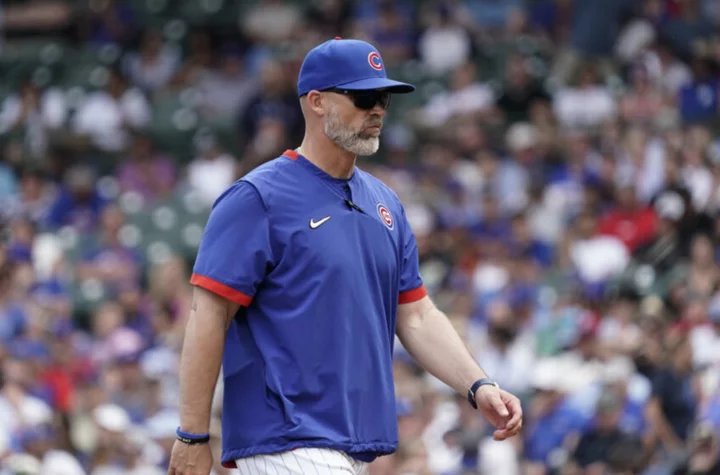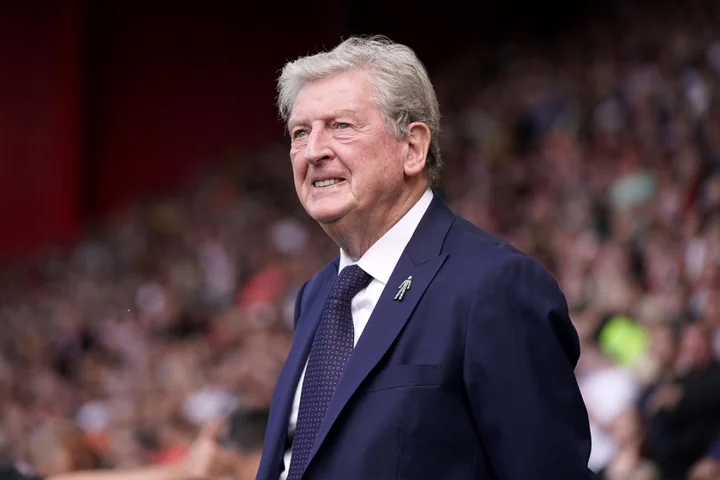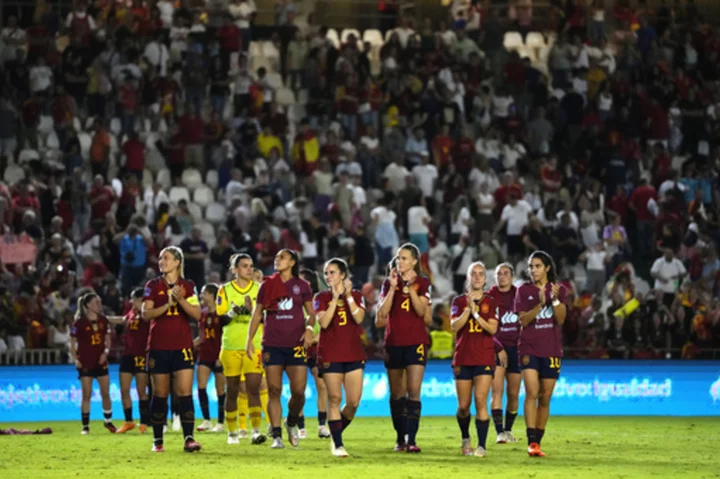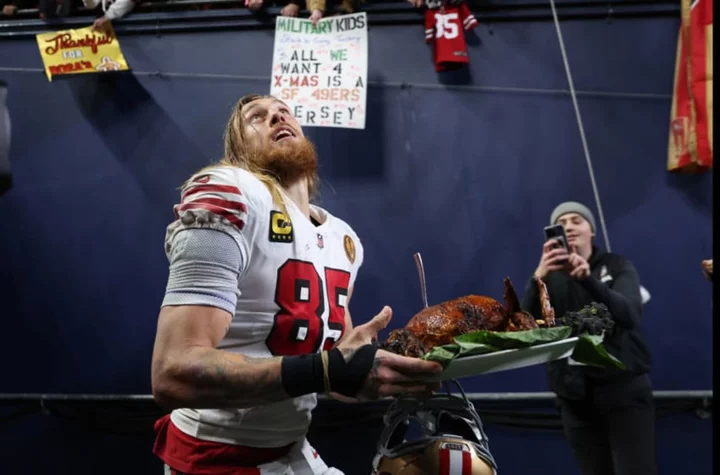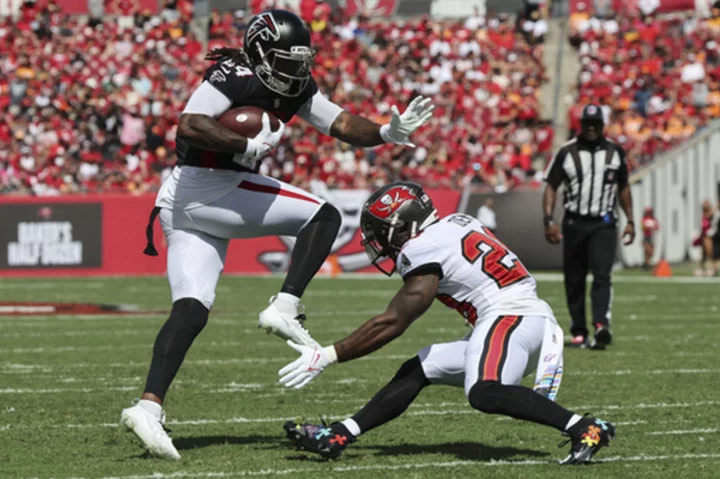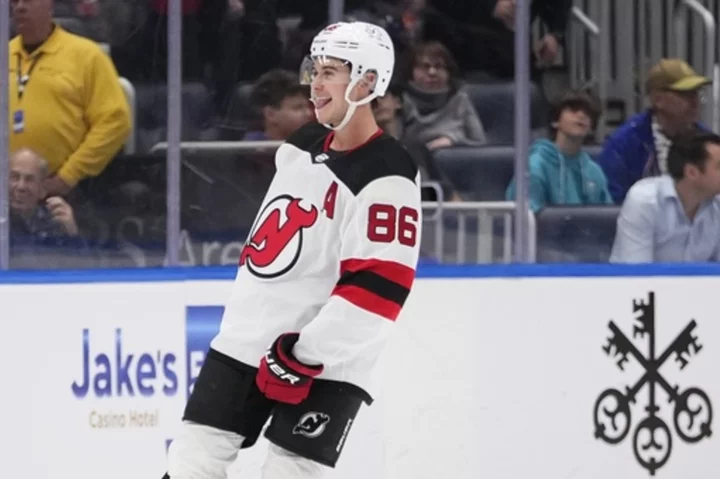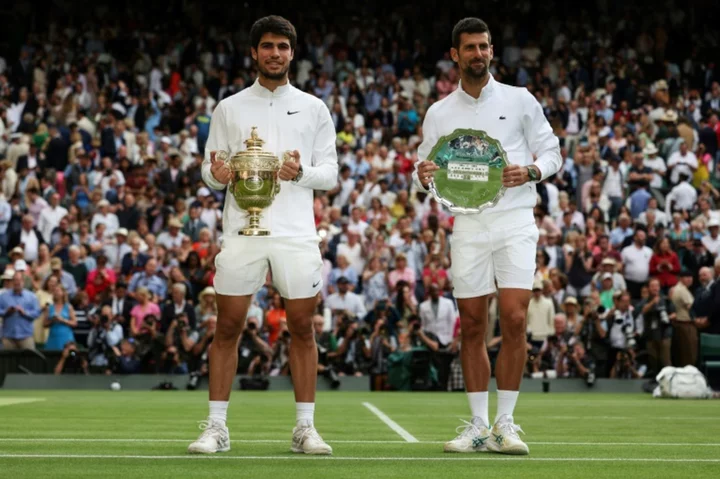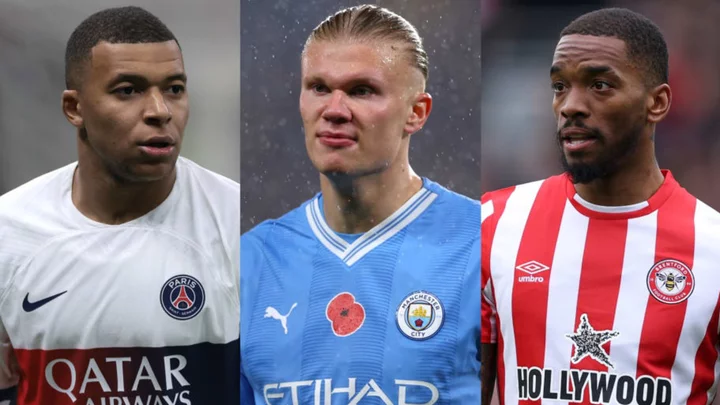The Chicago Cubs' 2023 season is spiraling downward, and despite the obvious scapegoat, Jed Hoyer still believes in manager David Ross.
This is the point in the season when some MLB teams' front offices look back and think, "The season could have been better." For the Chicago Cubs, president Jed Hoyer took a good, hard look at things out on the field and decided manager David Ross was not to blame.
The easiest thing Hoyer could have done was to turn Ross into a scapegoat. With the roster pieces the Cubs have, one would think the team is doing well this season, but it's been an underwhelming last few weeks.
Currently six games under .500, the Cubs are a far cry from the first-place Cincinnati Reds. The Reds are enjoying their own little renaissance right now, which only makes the Cubs' struggles look worse. This far into the season, few expected Chicago to stumble to a 39-45 record. They're better than this. Or at least that's the story mainstream media puts out.
When a team underperforms, it's natural for one or two people to take the blame, yet Hoyer is purposefully shifting the focus away from David Ross.
Hoyer told The Athletic (subscription required):
"That's not where I spend my time looking at it. I spend my time looking at, 'What's not translating?' The obvious thing, and it's been the obvious thing, is our high-leverage performance."
Cubs president Jed Hoyer endorses manager David Ross
Hoyer goes on to explain how "high-leverage pitching" and "high-leverage hitting" is killing the team in 50-50 games, and it's his responsibility as president to figure out the root of the problem.
Ross, for his part, hasn't appeared to do much during the Cubs' on-and-off win streaks, and he definitely hasn't helped the team overcome the hump of closing out close games. In one- and two-run games, the Cubs are 11-21. They also tend to lose games in which they only score three runs or lower — they've lost 26, to be exact.
When the Cubs started winning more games in June, the on-field evidence revealed that Chicago's relievers were performing better; it had nothing to do with Ross' coaching.
With bullpen depth and hitting issues forming giant holes on the roster, Hoyer and the Cubs will likely wait out the next few weeks before deciding whether they want to buy or sell at the trade deadline.
The key for this lean Cubs team remains simple: get more consistent on offense, and keep a stout defense. Chicago could look for external help for its underperforming batting rotation come August, and like practically every other MLB team, the Cubs would love extra reliable arms.
But whatever Chicago ends up doing this season, firing David Ross doesn't appear to be one of the solutions.

